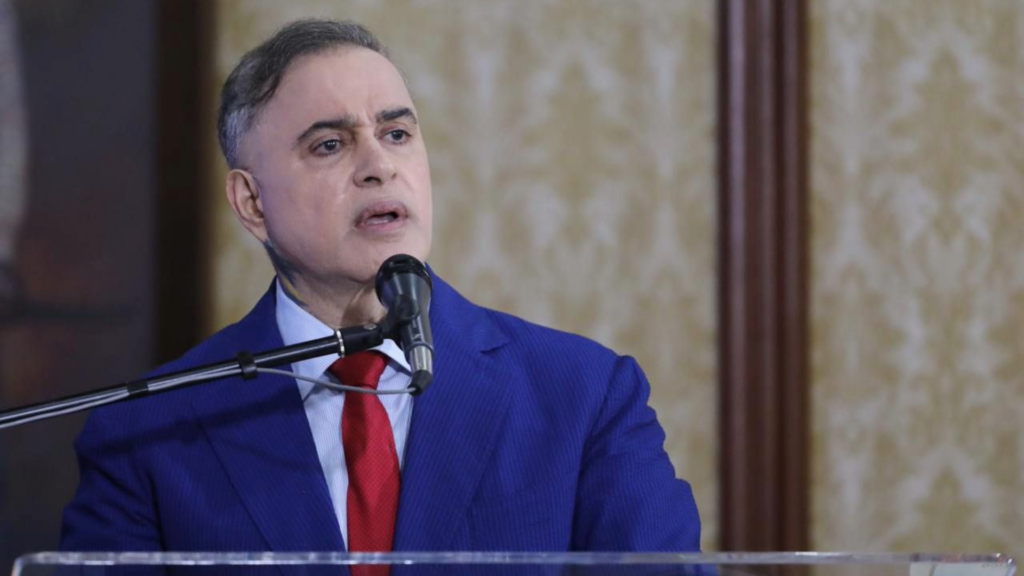Ecuadorians are gearing up to cast their ballots in the February 9 general elections with sixteen candidates vying for the presidency. Leading the race are interim head of state and leader of the National Democratic Action party, Daniel Noboa, and the Citizen’s Revolution party candidate, Luisa Gonzalez. Voters will also decide who will represent their interests in the national assembly.
A recent poll comparison published by CELAG (January 30) shows Gonzalez and Noboa in a close race with each of the candidates leading in five out of ten polls. If neither presidential hopeful surpasses 50% of valid votes in February, or at least 40% with a 10 percentage point advantage over the runner-up, the top two candidates will compete in a second round runoff election scheduled for April 13.
Noboa, the son of one of the richest men in Ecuador, Álvaro Noboa, a tycoon in the banana industry, has seen a litany of social problems emerge or metastasize ever since he assumed the remaining 18-months presidency of his predecessor, Guillermo Lasso. Some of those issues include: rolling, nationwide blackouts due to unattended repairs to the country’s hydroelectric plants; growing insecurity; a militarized response to rising violence; unemployment; increased migration; and the reauthorization of the US military to station in the Galapagos Islands.
According to legal experts, officials, and fellow candidates, Noboa has taken the unprecedented and unconstitutional move of refusing to take a leave of absence during the presidential campaign period. Ecuadorian law stipulates that incumbents must take a leave of absence if they are seeking reelection to ensure officials don’t use state resources, state-funded events, or official privileges to gain an unfair advantage against their competitors.
Noboa’s administration is also known for something that didn’t occur during the most notorious military dictatorships in Latin America: storming an embassy to detain victim of political persecution or anybody for that matter. In April 2024, in blatant violation of the 1954 Caracas Convention on Diplomatic Asylum and 1961 Vienna Convention on Diplomatic Relations, Ecuadorian security forces raided the Mexican embassy in Quito to re-arrest former Ecuadorian vice president Jorge Glas. Just hours prior to the invasion, Mexico had granted Glas political asylum on grounds of political persecution.
Protests erupted across Ecuador in early January when the charred remains of four children were uncovered near a military base. DNA records proved the remains were that of four Black children who were abducted by the military as they were returning home from playing football. While the minister of defense, Gian Carlo Loffredo, initially threatened a judge who had ruled it a case of forced disappearance by the state, the military denied involvement despite a video showing at least two of the boys being detained by soldiers patrolling the streets.
During her official registration as a presidential candidate before Ecuador’s National Electoral Council, Gonzalez, a former National Assembly lawmaker, told supporters, “This day marks a history and a before and after. Today we are closer to return the power from where it should never have left, from our people, to the hands of our people, the Ecuadorian people.”
Gonzalez has vowed to address the confusion and chaos left by a series of right-wing, neoliberal administrations that have governed Ecuador since Rafael Correa left office in May 2017. Her priorities include tackling unemployment, improving security, and resolving energy issues. She has also pledged to strengthen the state’s capacity through public investment in infrastructure projects. Criticizing Noboa’s policies and performance in office during the first televised debate, Gonzalez said, “We have the opportunity to change lies for truth, fear for hope, and violence for peace.”
Among the other candidates, is president of the indigenous movement CONAIE, Leonidas Iza Salazar, who has been persecuted for his leading role in anti-government protests since 2019. The indigenous movement, represented by the political movement Pachakutik, received over 19% of the vote (19.39%) in the first round of elections in 2021—nearly tying with Guillermo Lasso (19.74%)—who went on to win the presidency against the Citizens Revolution, represented by Andrés Arauz, in the runoff election. The Citizens Revolution, represented by Luisa, also advanced to the second round in 2023 when it lost to Daniel Noboa.








